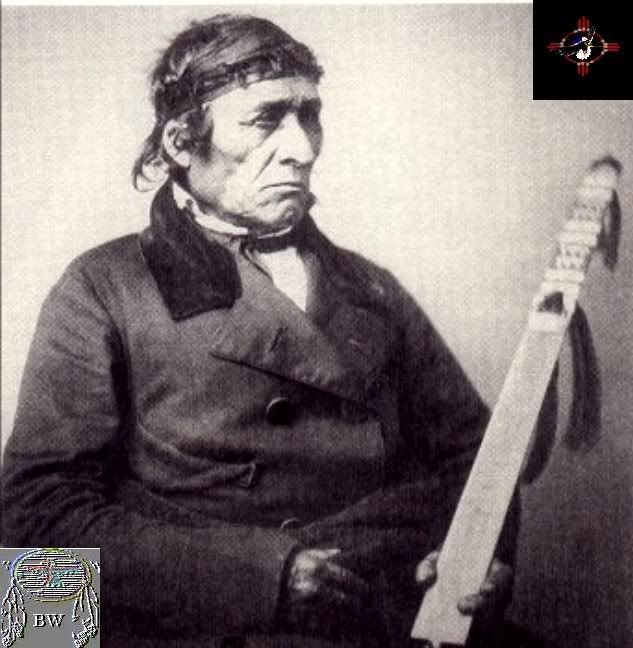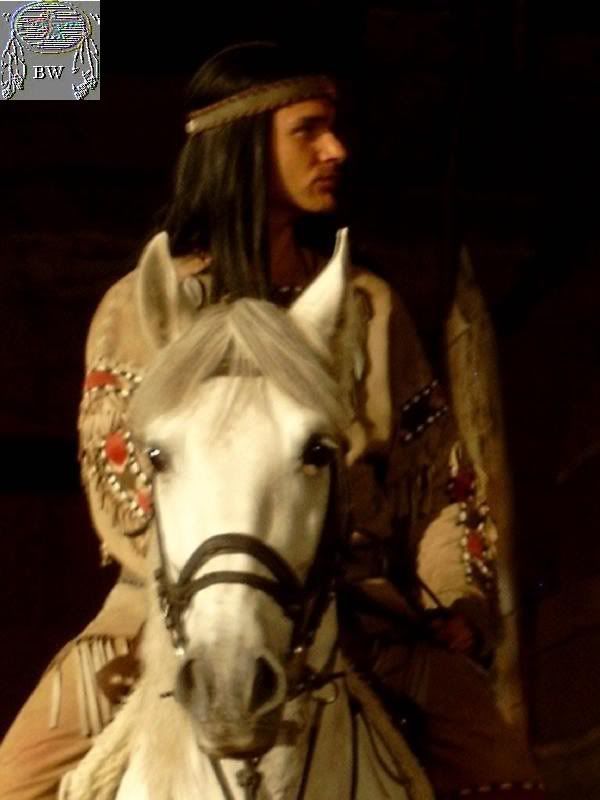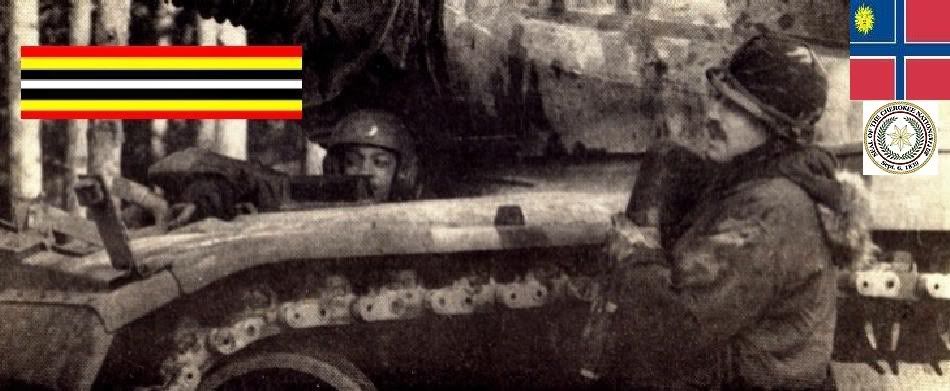|

Chief Little Six
Warriors Citation
The name Shakopee (or "Six") was shared by several Mdewakanton Sioux leaders in the nineteenth century whose village was located
along the Minnesota River at the site on which Shakopee, the town, was later constructed. Shakopee the Elder died in 1862
on the eve of the Great Sioux Uprising after having spent his life trying to promote peace between Indians and immigrating
whites. He had signed the Traverse des Sioux Treaty (1851) and in 1858 had traveled to Washington, D.C., seeking reconciliation.

Shakopee's son of the same name (who was often called "Little Six" by the colonists) joined Little Crow in the Great Sioux
Uprising and fled to Canada after the rebellion was crushed. Shakopee escaped the mass hanging at Mankato that followed the
uprising, but in 1864, he and Medicine Bottle were kidnapped from Canada by Major Edwin Hatch (acting on orders from General
Henry Hastings Sibley). Both men were returned to the United States, quickly tried, sentenced to death, and hanged. In the
1980s, the Mdewakanton Sioux established a prosperous casino and named it Little Six after Shakopee the Younger. From: historical
accounts & records


LINK TO BRAVEHORSE WARRIORS VOLUME TWO
|

